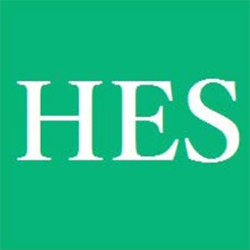Membership
Why join HES?
The HES (UK) is open to anyone with an interest in the history of education. Benefits of membership of the Society include:
- Copies of the History of Education Researcher
- Copies of the History of Education journal for an additional fee
- Attendance at our annual conference, postgraduate events and other events throughout each year
- Opportunities of profiling your research through the social media accounts of the Society
- Eligibility to be considered for our book prizes
- Eligibility to apply for our early career fellowships (the Gosden, Aldrich and Watts fellowships)
- Eligibility to apply for support to attend other events supported by the Society such as the annual research postgraduate summer school

Price

Fully waged
£30 per year / £75 with Journal

Not fully waged
£15 per year / £60 with Journal

Student member
£15 per year

Library member
£30 per year
How to Join

To join the History of Education Society, follow these steps:
- Visit the Taylor and Francis History of Education Subscribe page
- Select Society Membership
- Select your chosen membership category
- Click through to pay online
For HES membership queries, please email the Taylor and Francis societies team, with History of Education in the subject line.
The HES provides a convivial and intellectually stimulating environment for the discussion of all matters related to the history of education, in its broadest sense. The Researcher carries interesting research and useful news about activities within and beyond Britain. The conferences are a highlight of the academic calendar.
The HES offers bursaries to enable postgraduate students to attend their annual conference. I’ve been going for the past few years, and always enjoy the friendly, supportive environment and thought-provoking presentations. The Society’s annual postgraduate events, which are run by students and focus on the research process, have also been really helpful.
Members of the HES have expertise across a range of topics, including the history of education policy, school architecture, science education, informal learning, and religious education, and they have experience of working with the media and community groups.
